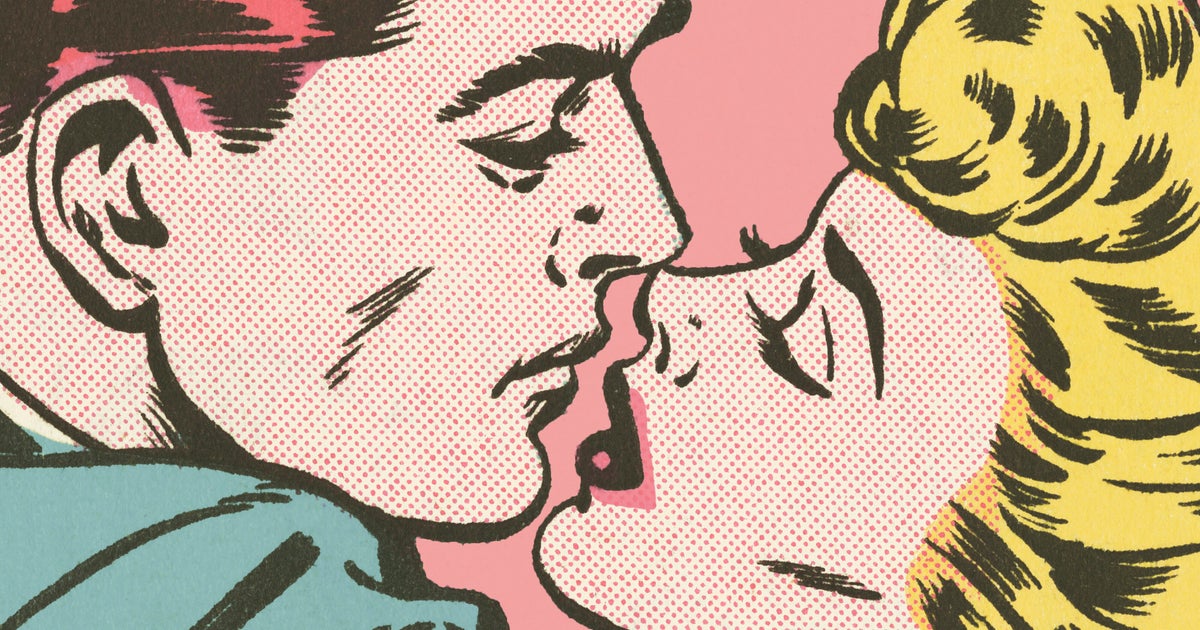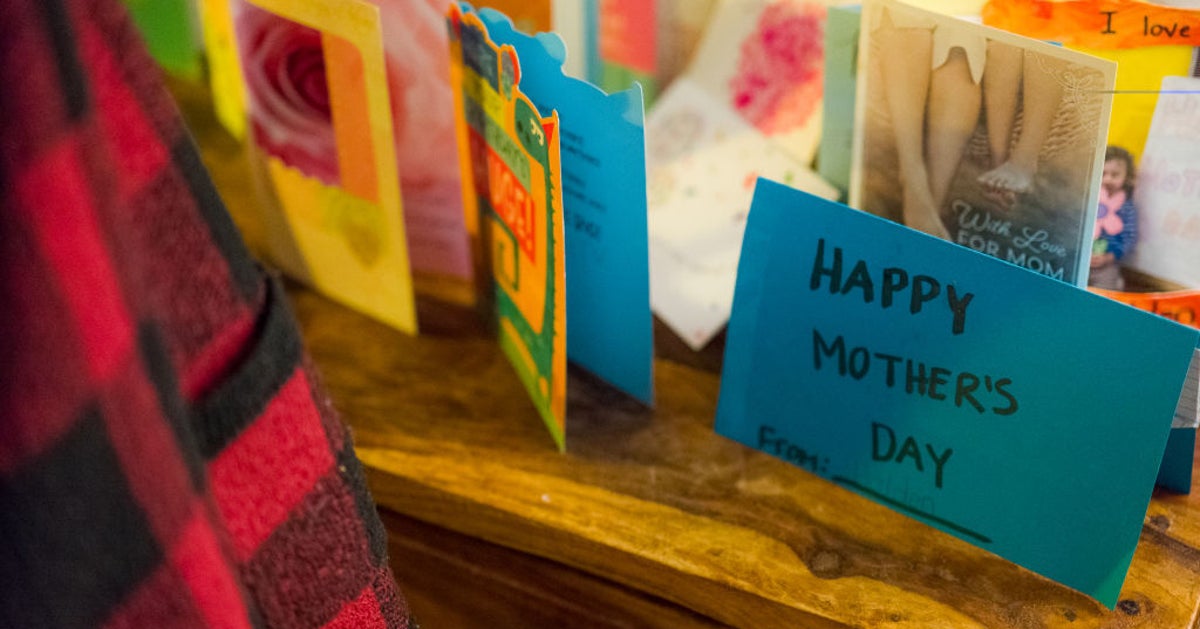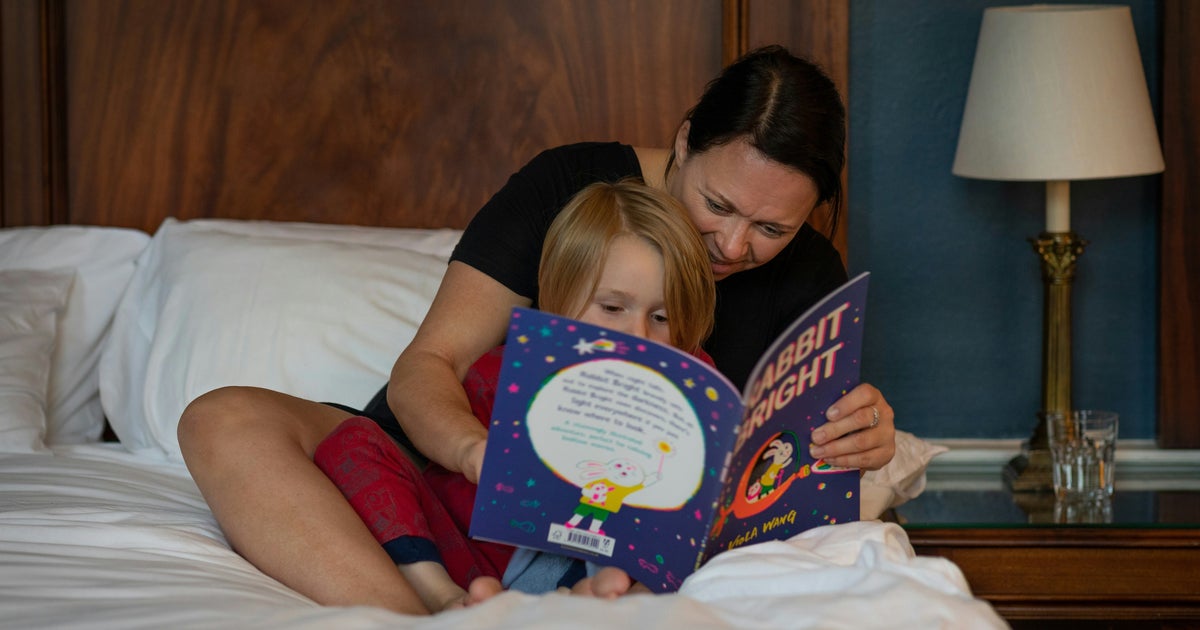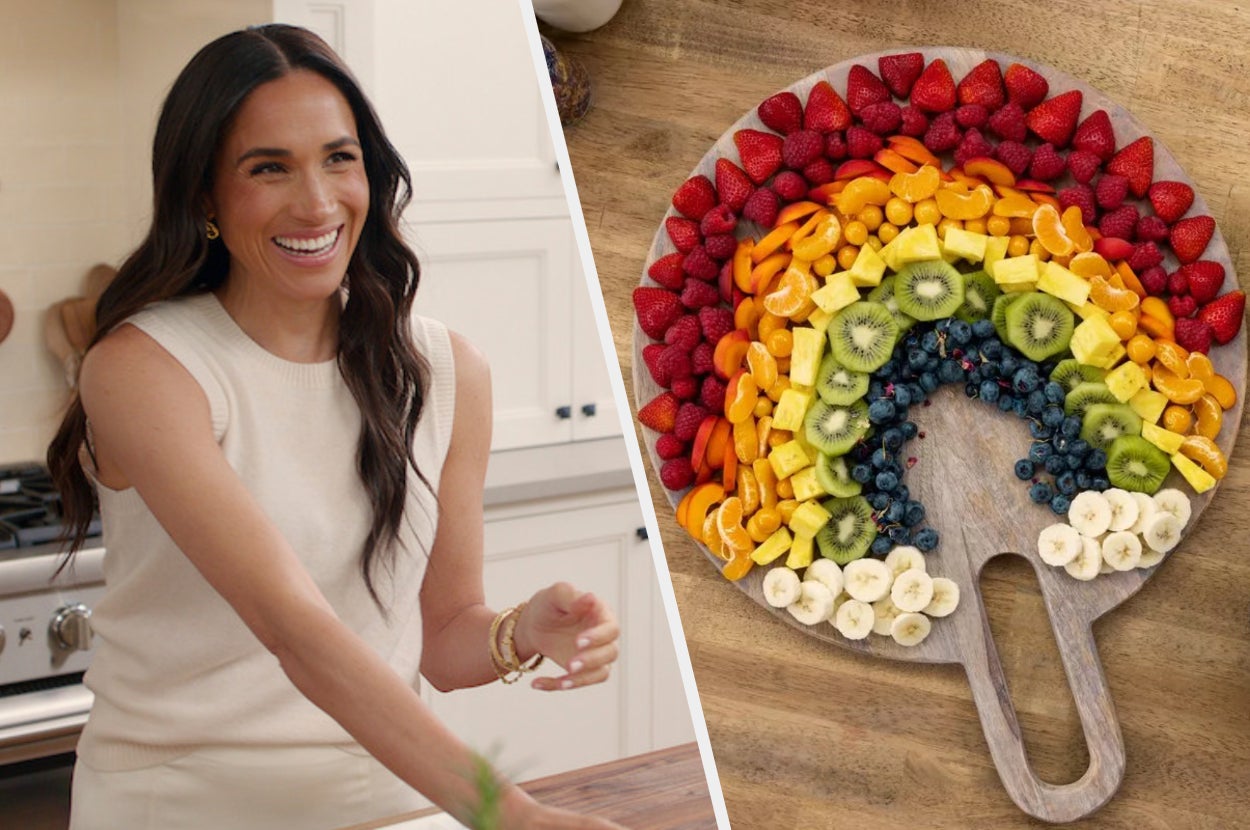
It was a typical weekday afternoon when Catherine S., a mother of four and part-time office clerk, decided to start taking her pleasure seriously.
“I was stressed, tired … and didn’t feel like making dinner,” she recalled. Glancing over her calendar, she felt even worse.
Advertisement
“It wasn’t that I didn’t love my life, because I did,” she added. “It was just becoming obvious that I needed to do something to feel a little better.”
So she started listening to spicy podcasts during her work commutes. Soon, she felt inspired to put her own erotic pleasure on her to-do list.
“My goal wasn’t to have orgasms, exactly, but I gave myself 15 minutes with my vibrator once a week, which is how I [climax] easiest,” she said.
Advertisement
Catherine nearly skipped her first session due to a headache. But when her phone alert sounded, she raced to her bedroom and went for it. “My headache was better after [my orgasm],” she said, “and so were my moods.”
Now, several months of weekly sessions later, she often anticipates the practice as much as her morning coffee. The most dramatic benefit, she said, came as a surprise: “Orgasms have made me a more patient, less stressed out, and more loving mum.”
Results like Catherine’s aren’t surprising to sexuality experts. While orgasms can’t alleviate all parenting-related challenges, they offer a range of advantages worth embracing.
Advertisement
More pleasure, less stress
Orgasms flood your system with feel-good chemicals like dopamine and oxytocin, explained board-certified sexologist and sex coach Lanae St. John.
“Basically, they’re a shortcut from wired and overwhelmed to calm and content,” she said. “If stress has you clenched up like a fist, an orgasm is the unclench … the kind that makes you think, ′Why don’t I do that more often?’”
If you do up the frequency, even better. “When orgasms become a regular part of your routine, they’re not just reactive stress relief – they’re proactive emotional maintenance,” she said.
Advertisement
“Think of it like watering your nervous system. Don’t wait until the plant’s wilted.”
Emotional regulation and patience
It makes sense that erotic releases help Catherine feel more patient with her kids. Beyond stress relief, orgasms can guard against a short emotional fuse.
“Orgasms help regulate the central nervous system, calming you down,” said Nicolle Dirksen, a sex and couples therapist and clinic owner at Clover Counseling. “This can help you respond to parenting challenges with a calmer, cooler head.”
Improved rest from orgasms may help your emotional health, too. A study using Fitbit technology showed that women who orgasmed before bed slept longer than women who didn’t.
Advertisement
Given that sleep loss interferes with the parts of your brain that regulate your moods, more sleep can mean fewer angry, anxious and irritable moods.
Modelling body positivity and self-love
While your little ones obviously won’t be around for your orgasms, they can benefit from any emotional strength they facilitate.
“Kids are sponges, soaking up all of the vibes you give off — even, sometimes, those feelings you hold about yourself,” Dirksen explained.
Advertisement
“Prioritising your own pleasure can help reinforce positive feelings about your body, which means you can model for your children self-love and a positive relationship with your body.”
Catherine feels that her orgasmic play is bolstering her body confidence, and that her kids reap benefits. She especially appreciates that her nonbinary teen, who recently went through appearance-related bullying, will increasingly see “someone who’s unafraid to be in their body … without looking like a model”.
Improved partner connection
If you’re co-parenting with a sexual partner, shared orgasmic forays may deepen your bond, according to Dirksen.
Advertisement
“Regularly orgasming with a partner increases and improves intimacy and connection, two things that [tend] to decline once you become parents,” she said.
“This increased connection can help remind you that you’re teammates, something that can be super important during those tougher days of parenthood.”
Catherine and her husband often feel like “sliding doors,” she said, given their contrasting schedules.
Advertisement
When she told him about her orgasm sessions, they decided to plan occasional pleasure dates. “We may or may not have sex,” she said, “but we make time, even 20 minutes, to connect … where we both get to have pleasure.”
When pleasure feels out of reach
Prioritising your pleasure can be challenging while child-rearing. And your mindset can play a big role.
“Parenting often comes with a lot of guilt … especially about anything we think might be self-serving,” Dirksen explained. “Self-pleasure feels like a luxury, saved only for the perfect circumstances: enough time, privacy, energy … things parents have very little of.”
Advertisement
To turn that around, she suggests a reframe: “Focusing on and prioritising your kids’ needs makes you a great parent. But making time for your own needs and pleasure is also a sign of a great parent.”
And when time runs scarce, incorporate delight into the mundane. “Wear something that makes you feel sexy or listen to music that moves you while you wash the dishes or do the laundry,” she said. “Savour your morning coffee, distraction-free.”
Giving yourself grace (and pleasure)
Lastly, don’t stress if sex doesn’t appeal to you like it used to, which is common during baby years and for mums (and any parents) who bear the brunt of caregiving. That may change as your kids gain independence or you gain support. Regardless, there’s no sexual epitome to strive for.
Advertisement
For many parents, it’s challenging to “switch seamlessly between the roles of caregiver and sexual being,” according to Jillian Amodio, a licensed therapist and author. “It’s OK to be exactly where you are, to explore the ‘why’ behind these changes, and, if desired, to take steps toward reconnecting with your sensual self in a way that feels authentic to you.”
What matters most, it seems, is prioritising personal pleasure of some kind, starting with whatever mental shift it takes to get there.
“Stop treating pleasure like it’s dessert, something you get after everything else is done,” said St. John. “It’s a resource…[that] helps you function, connect and recharge. Sometimes it’s three minutes of quiet. Sometimes it’s dancing in the kitchen. Sometimes it is a quick solo sesh before bed, because you know it’ll help you sleep.”
Advertisement






















